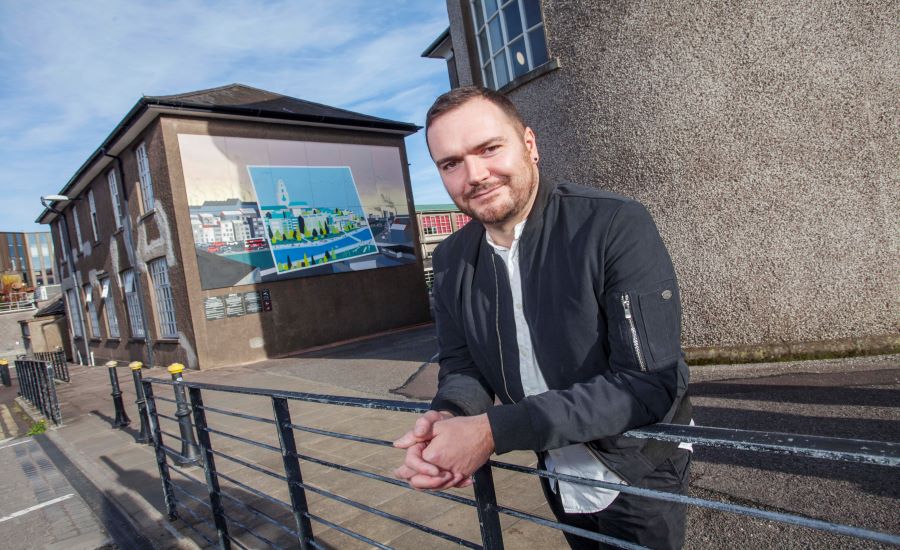
By 2050 nearly 70% of the world’s population will live in cities.
In Cork, the population in the metropolitan area is projected to reach 500,000 by 2050, a 60% increase.
If we are to support this increase in population, we urgently need to transition to a low carbon, climate resilient and environmentally sustainable communities.
This Sustainable Communities Mural by Cork-based artist Kevin O’Brien represents a vision of what a sustainable city could look like, if we as a society choose to act in the climate crisis now. This mural seeks to inspire thinking, encourage conversations and provoke action to create communities that work with our environment.
Our response to climate change is one of the greatest challenges facing humanity in the 21st century and presents huge social, environmental and economic risks and opportunities.
Here in University College Cork we provide the research, learning, teaching, and practice that works to help develop sustainable communities.
Discover what role you can play, share what you learn and become part of our community working together to create sustainable communities.
Nice mural but I have some questions...
Come on, what can Cork city really do? This city is too small to have any impact on climate change.
Cork currently supplies 24% of the national grid with electricity through windfarms & Cork Harbour and its surrounding coastline could be at the centre of a renewable energy revolution. Learn how
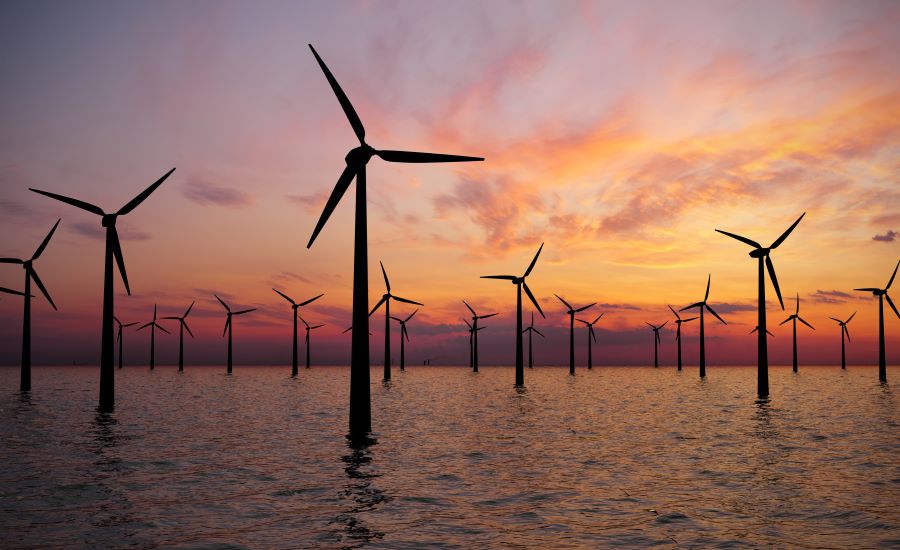
I’m from a village in the countryside, how do I help my community?
We are supporting Dingle village - a community that is working towards a sustainable community by 2030. By reducing energy demands and using local renewable resources, the initiative could save the peninsula as much as €8 million. Learn more about Dingle Peninsula 2030 and the ideas from communities in Ballincollig for a sustainable town by 2050.
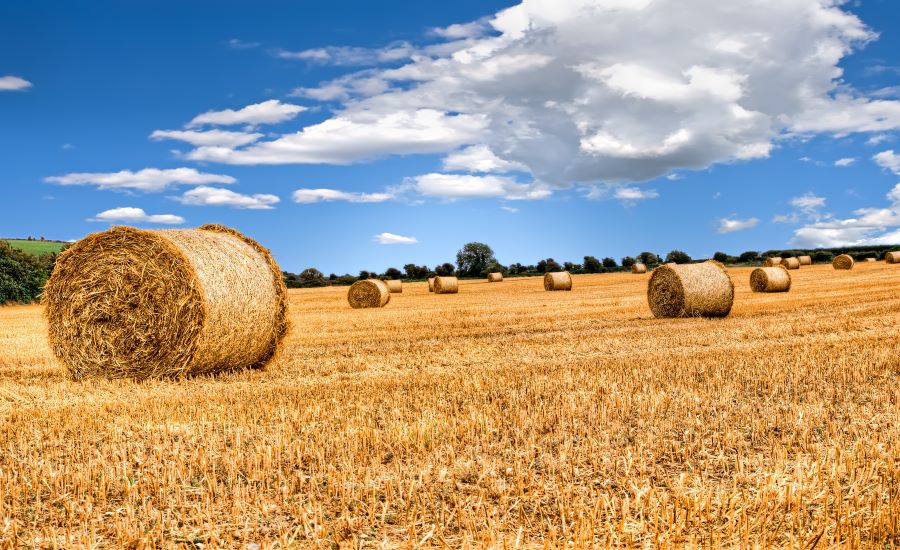
There is so much climate information out there, where do I start?
We have over 400 researchers at UCC engaged in environmental and sustainability research. See why we have prioritised the 3 challenges of Climate Action, Healthy Environment and Circular Economy.
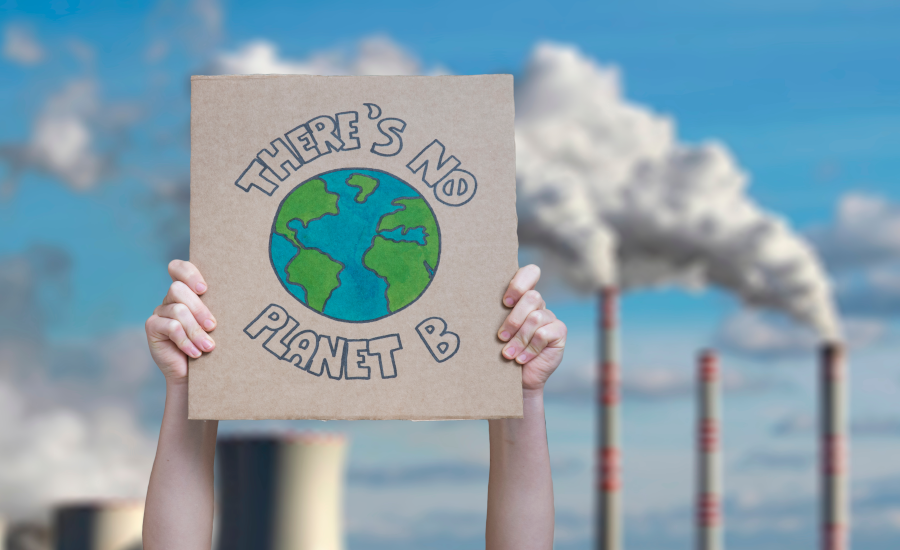
I’m just one person, it’s too late, I can’t make a difference.
Read this article for some tips on how your actions can make a difference, or hear suggestions from climate scientist Prof Katharine Hayhoe during her visit to UCC. Personal decisions all have an impact. Get involved in the EPA Citizen Science projects which allow you to take action as a researcher which will lead to changes in policy and practice. One of the most important things you can do is to have conversations with those around you about why you are making these choices.
What is the one thing I should tell my friends about climate change?
Read our suggestions for how to have climate conversations with your friends
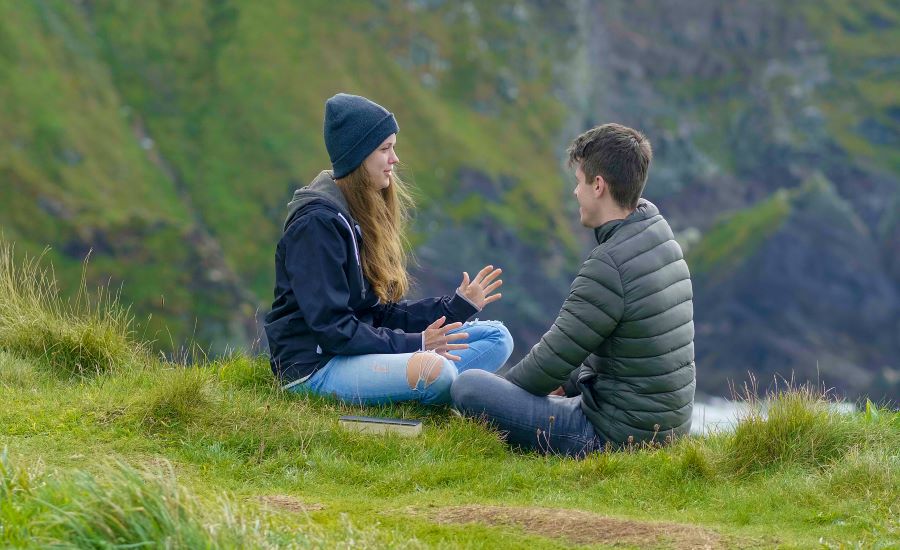
Surely it’s government and big business who have the real power, how can I influence them?
By using your power as a consumer to choose products, food and services which have a lower carbon footprint and result in less waste you are sending a message to businesses about the direction they need to take. Lobbying government can be as simple as sending a message on social media to your local TD, writing an email, or visiting your local constituency office. Trócaire has some suggestions on how to make the most of these opportunities. Keep an eye on Cork City Council’s Consultation Portal for opportunities to have your say.
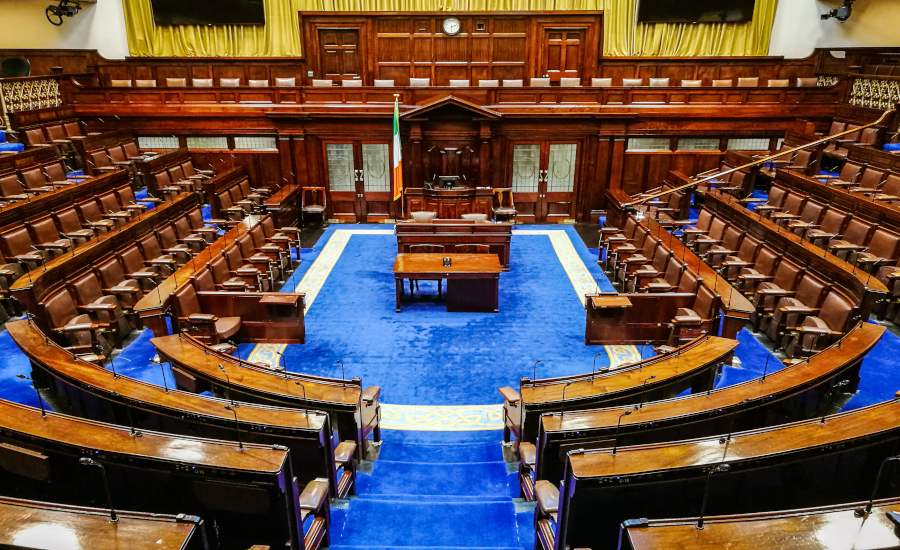
Will Ireland see a change to its biodiversity in the years to come?
Climate change is already affecting the habitats of some key Irish species such as the Otter, Hare, Curlew, White-fronted Goose, Bumblebee, Lamprey, Mussels, Salmon, Toad, Frog and Turtle. Changes in air and water temperature, rainfall and salt levels caused by climate change are also opening the door to invasive species to reach and thrive in Ireland further threatening our native wildlife.
.jpg)
I heard UCC tests air pollution, what have you found?
You can check the current levels of air pollution in Cork in real time on the Air Quality Dashboard. Most recently The Centre for Research into Atmospheric Chemistry in UCC found that during lockdown (Mar-May 2020) there was a 20-25% reduction in both harmful gases (NO2) and particle pollution (PM2.5) Watch Prof John Wenger tells us about what previous results have shown about Cork’s air quality
What is a carbon budget and will it make a difference to our lives?
“A carbon budget is how some countries set a limit in policy or law on how much greenhouse gases they emit over a fixed time” - Climate Jargon Buster.ie
In Ireland, this means changes will need to be made to the sectors that produce the most emissions, which means changes to how we produce food, use land for forestry and farming and travel. Watch Dr Paul Deane explains how the government will need to approach this.
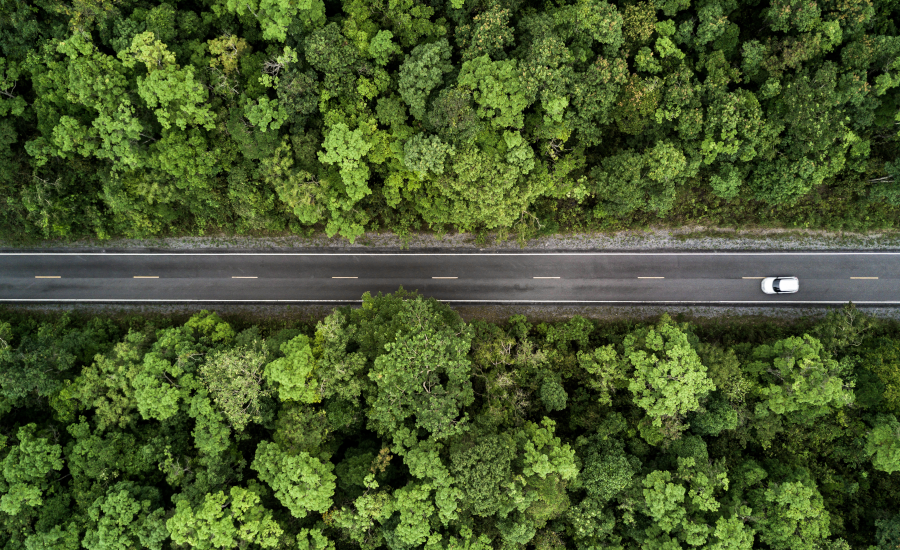
I am building or renovating a home, where can I learn more about creating a sustainable home?
When building or renovation your home, there are lots of steps you can take to ensure that it is energy efficient (and cost efficient!). From choices of insulation, energy supply, smart meters and sustainable building materials to choosing local suppliers and second-hand furniture, the options are endless. The Sustainable Energy Authority of Ireland is a good first stop to compare upgrade options.

How will climate change affect me personally?
Over the next 30 years, we can expect to see increasing threats to our health (through increased allergies, poor air quality, water borne diseases and heat stress), our homes (more risks of damage from extreme weather), our cost of living (more expensive home insurance, higher electricity bills, food expenses due to scarcity and carbon taxes), our recreation (travel disruptions and higher outdoor temperatures) and ultimately our mental health as a result of all of these stresses!
But another way of looking at this is that climate-positive changes we make will also have positive effects for our health and wallets!
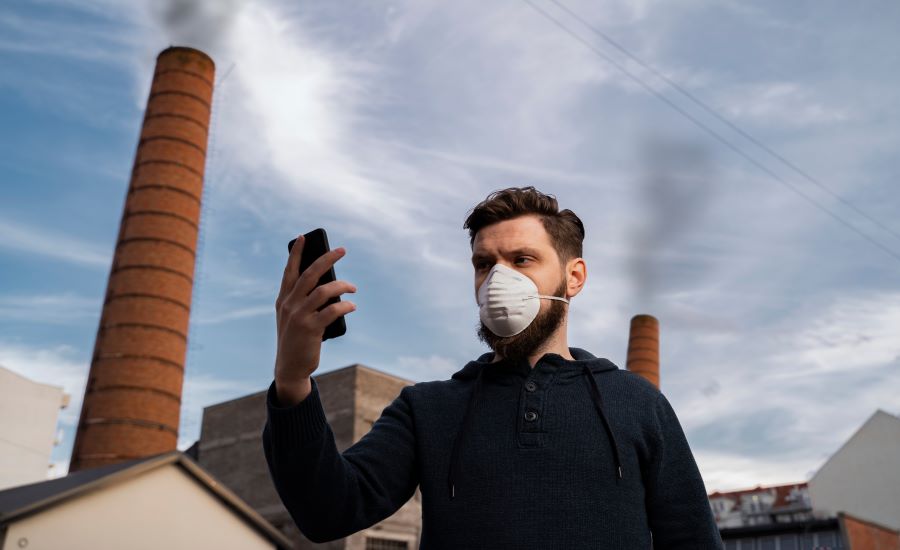
There is so much talk about UN Sustainable Development goals, but what difference are they making for our planet?
“The Sustainable Development Goals (SDGs) define the world we want. They apply to all nations and mean, quite simply, to ensure that no one is left behind” - The UN.
The 17 Sustainable Development Goals ARE the image of the world we want to create by 2030. They cover every aspect of life on land and in water from the air we breathe and the food we consume, to how we travel, build and fuel our homes. Crucially, they recognise that all of these things affect each other and that development must balance social, economic and environmental sustainability. By clearly laying out what needs to be done to achieve these goals, the UN is putting responsibility on governments to play their part, and is giving us the right to ask governments, at any level and anywhere in the world, exactly what actions they are taking. Read more about the SDGs in action and the Lazy Person’s Guide to how small actions by you can be part of the change.